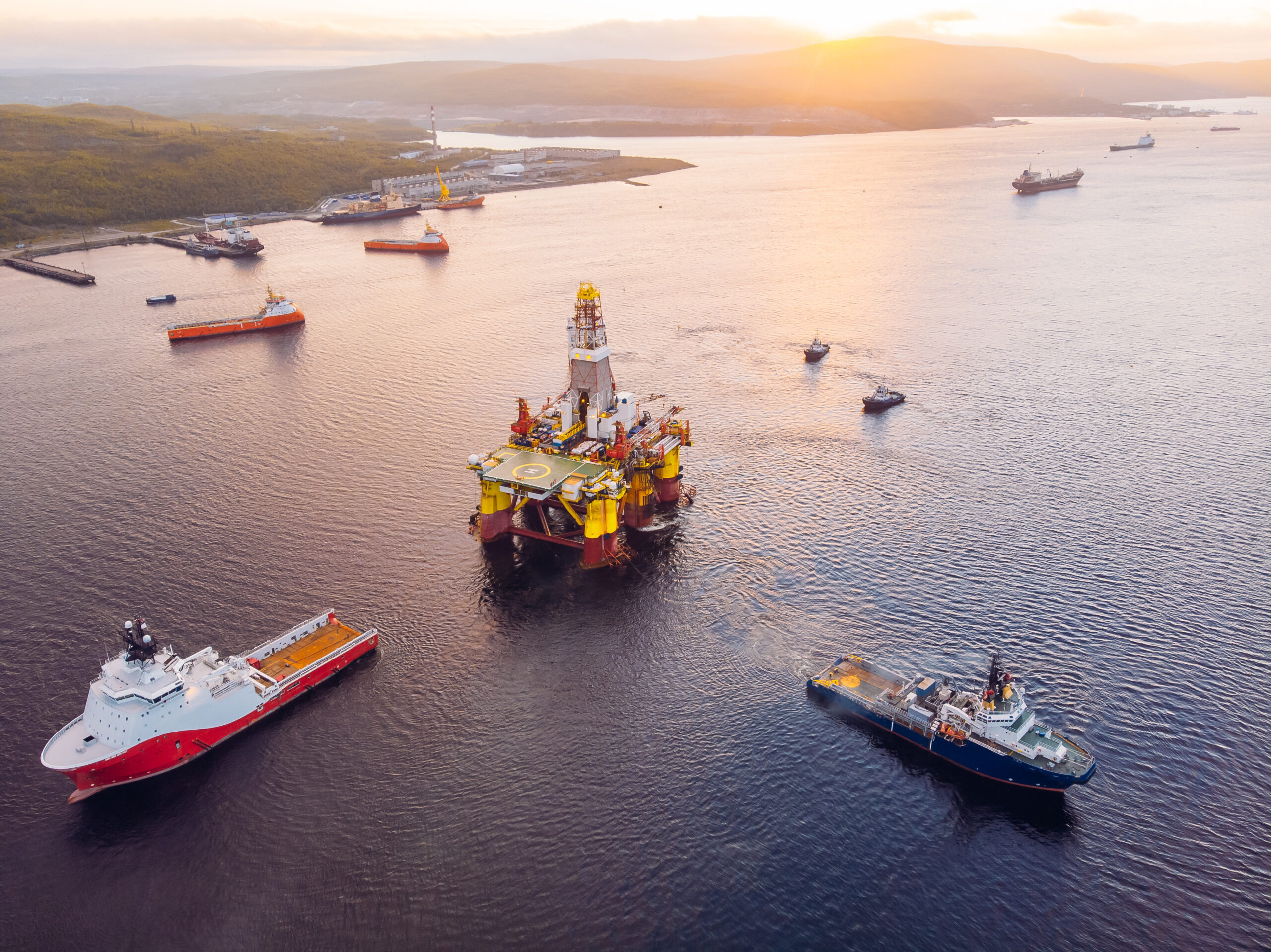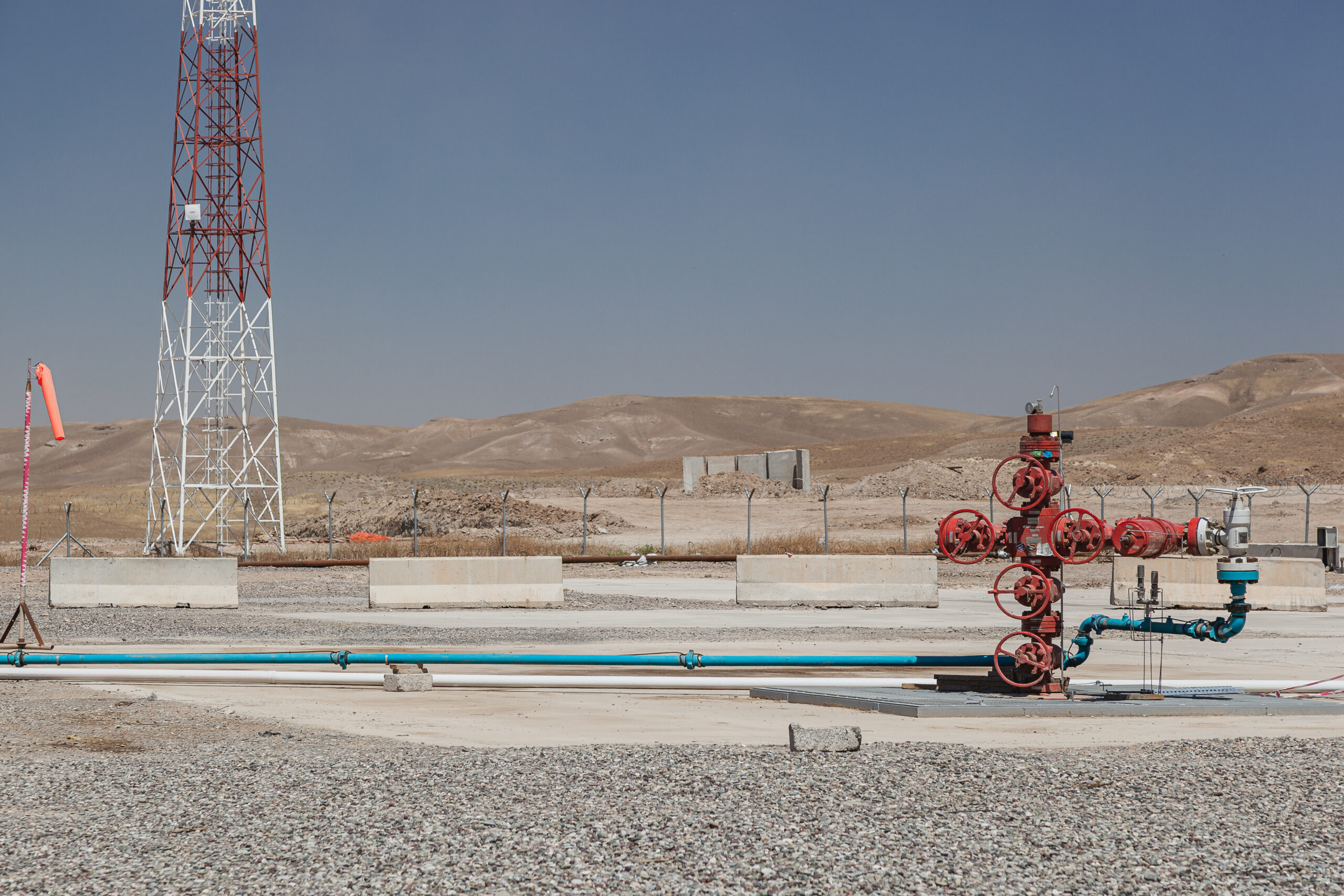The Net Zero Asset Owner Alliance urges no new oil, gas
Members should not invest in new upstream infrastructure in new oil or gas fields, said the Net Zero Asset Owner Alliance, a group of 85 international institutional investors.

A group of investors with over $11 trillion in assets under management said its members should not invest in new oil and gas projects as it would be incompatible with 1.5 degrees Celsius global warming scenarios, however commentators have slammed the move by the Net Zero Asset Owner Alliance as ineffective in shifting investments away from fossil fuels.
In a position paper published on March 29, The Net Zero Asset Owner Alliance, a group of 85 international institutional investors brought together under the UN Environment Programme Finance Initiative, said that members should not invest in new upstream infrastructure in new oil or gas fields or in oil-fired power generation infrastructure and that investment in oil midstream infrastructure, such as refineries and petrochemicals, should be limited to brownfield projects, that is to promote efficiency or eliminate fugitive methane emissions.
New midstream gas infrastructure investments like storage and pipelines are allowed if aligned with 1.5 degrees C, or have no or limited overshoot pathways.
Furthermore, it stipulated that investments in hydrogen or gas-fired generation infrastructure should focus on projects that implement carbon capture utilization and storage solutions.
At the same time, it said some members “may choose to continue to invest in new oil and gas infrastructure in exceptional circumstances, where alternatives for affordable and reliable alternatives are not yet viable or where government-issued regional/national 1.5°C pathways and/other regional specificities may influence portfolio decisions.”
In all cases, the Net Zero Asset Owner Alliance “strongly advises against investment in long-lived assets that are likely to be stranded in a 1.5°C -aligned transition,” it added.
The Alliance also called on oil and gas producers and companies in intensive fossil fuel-using sectors to set “science-based, absolute- and intensity-based emissions targets” that cover Scope 1, 2, and 3 emissions “in line with science-based, no- or limited-overshoot, 1.5°C-aligned pathways,” as outlined by the Intergovernmental Panel on Climate Change, the One Earth Climate Model and the International Energy Agency’s Net Zero by 2050 roadmaps.
“As these scenarios make clear, a rapid scaling of zero-carbon energy, as well as the development of enabling technologies and policies, is needed to deliver a significant reduction in oil and gas demand,” the Net Zero Asset Owner Alliance said.
The paper “underscores the Alliance’s recognition that unabated climate change poses significant economic and investment risks,” it added.
”Members are committed to mitigating these systemic risks on behalf of their clients and beneficiaries and, as such, should consider how economies can transition away from dependency on activities that contribute to climate change, including the combustion of oil and gas,” it continued.
“The numerous challenges of transitioning to a low-carbon economy are best mitigated by a position that considers all available options for concurrently reducing the supply and demand of oil and gas and in overall economic systems,” it said.
The paper also called on policymakers to focus on “systemic interventions that can facilitate oil and gas demand reductions and increase alternative energy supply through economy-wide actions” such as “implementing well designed and just carbon-pricing mechanisms and funding innovative technologies.”
“These actions can help to incentivize decarbonisation, to unlock much-needed innovation, and to effectively harness the power of the capital markets by pricing externalities into the system and facilitating a transition to net zero,” it added.
Guidance questioned
Despite these ambitions, commentators have criticized the guidance, saying it does little to address climate change challenges.
“No set of recommendations, even from august bodies such as the Alliance, can be sufficiently effective against a global fossil fuel industry with near-universal disregard for the climate impacts of their products and too-slow in making the substantial investments required to transition away from carbon fuels,” Richard Heede, co-founder and director of the U.S.-based Climate Accountability Institute, a non-profit, told Gas Outlook.
“In a world awash with far more oil, gas, and coal reserves than we can afford to burn without busting all attempts at keeping global temperatures from exceeding 1.5C, and mitigate the catastrophe that lies ahead, there is no room for additional reserves or new carbon infrastructure,” he argued.
“We need compliance by oil and gas companies to set and invest the resources to meet absolute targets that are aligned with the 1.5C boundary with minor if any overshoot, and with modest reliance on offsets and sequestration after scaling down carbon production in line with nearly absolute zero carbon and methane, first and foremost, by mid-century,” he added.
The Net Zero Asset Owner Alliance “should require its members to make the end of the development of new oil and gas fields and the reduction of both oil and gas production by 2030 the backbone of their engagement and exclusion policy,” argued Lucie Pinson, founder and executive director at non-governmental research and campaign organization Reclaim Finance.
Moreover, “what happens in a portfolio does not perfectly match what happens in the real world and there are several loopholes why an asset owner is able to meet its decarbonization targets while purchasing new bonds issued by oil and gas developers,” she told Gas Outlook.
“What is even worse is that targets do not always cover all assets or are not always aligned with a robust 1.5°C scenario.”
“This is why it’s very important that asset owners complement the adoption of targets with sector policies that secure the respect of key climate milestones.”
Critics also pointed at the fact recommendations appear to have been watered down compared to previous statements.
“There are many divisions among Net Zero Asset Owner Alliance members about climate leadership and particularly regarding the urgent need to take measures to respect what many would consider essential milestones to keep the 1.5°C target within reach” she said.
Ambition is not equally shared among Alliance members and “many of them are betting on negative emissions technologies to postpone the reduction of GHG emissions to beyond 2030, allowing them to keep supporting companies that develop new oil and gas projects,” she argued.
“Unfortunately, it seems as though the conservative voices won in the end, which raises a question about the ability of the net zero alliances to deliver on their pledges.”
“It seems that they prefer to water down their ambitions and fail on their ultimate objective in order to keep everyone on board… We would rather prefer them to deliver on the ambition with an internal coalition of the willing, and risk having to kick out any asset owners who refuse to back up their words with action,” she said.



